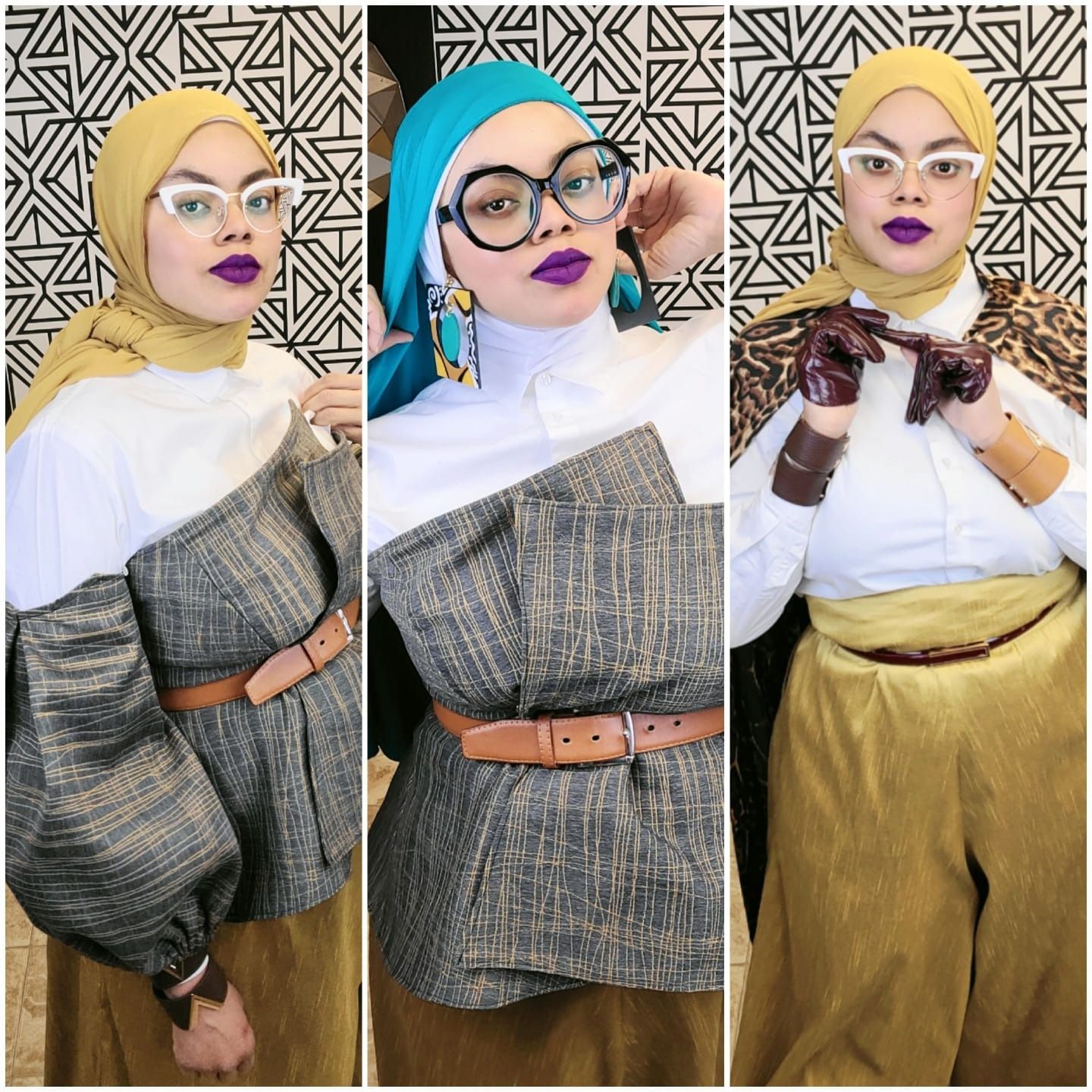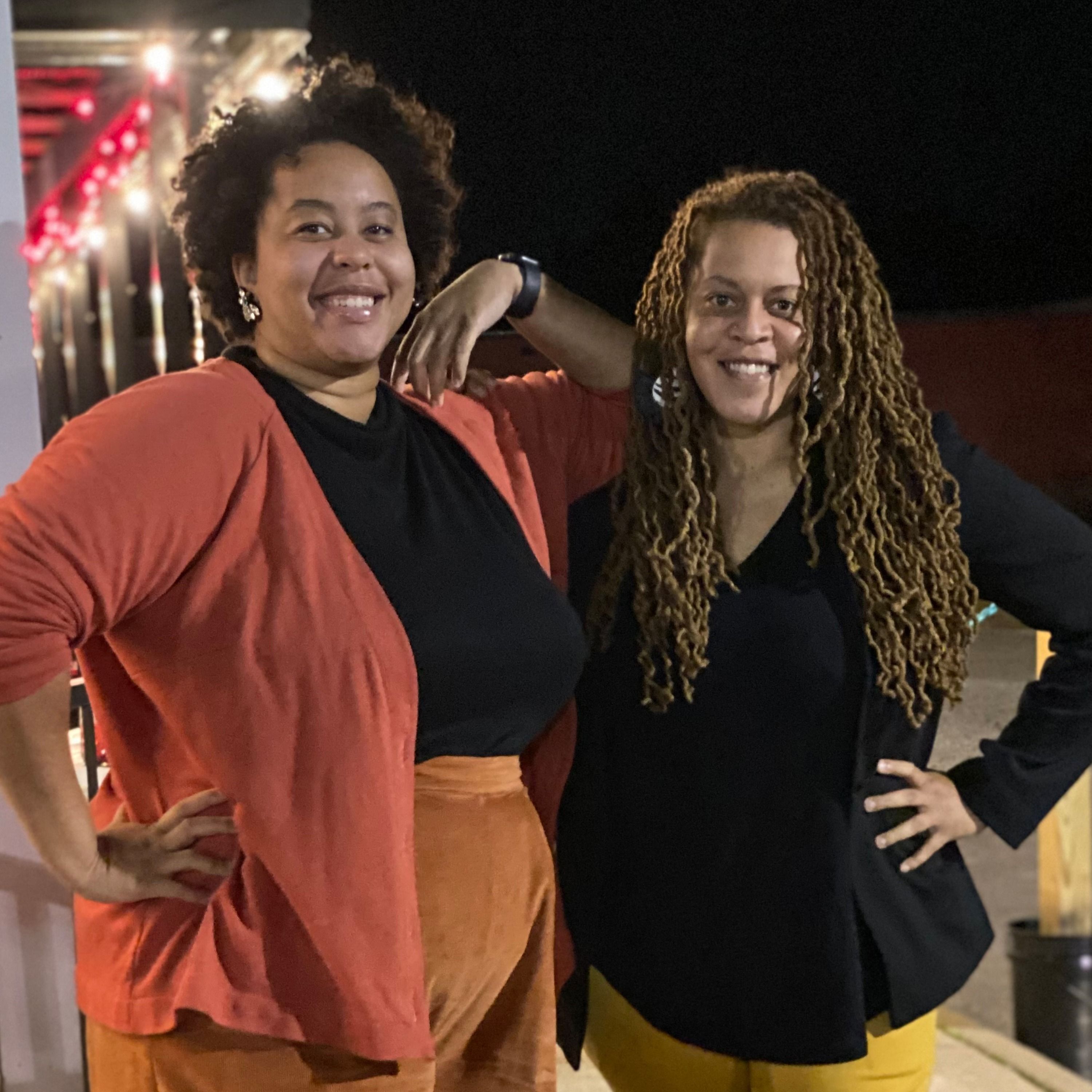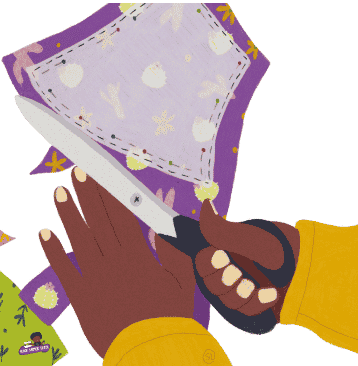Kianga Art webpage, instragram, facebook
LaVerne Hall, Holiday Festival of Black Dolls
International Black Doll Show and Sale, Philadelphia
Read Until You Understand; the Profound Wisdom of Black Life and Literature, Farah Jasmine Griffin
Of Water and The Spirit, Maliodoma Patrice Some
Palm Beach Culture Council Artist Innovator Fellowship
Gwendolyn Aqui-Brooks, Mixed Media Artist
Lauren Austin, Fiber Art and Art Quilts
Christena Cleveland, God Is a Black Woman
Kevin Quashie, Black Aliveness, or A Poetics of Being
The Sovereignty of Quiet: Beyond Resistance in Black Culture
BlackWomenStitch Instagram, homepage, Patreon
Sign up for the Black Women Stitch quarterly newsletter
Check out our merch here
Leave a BACKSTITCH message and tell us about your favorite episode.
Join the Black Women Stitch Patreon
Check out our Amazon Store
Stay Connected:
YouTube: Black Women Stitch
Instagram: Black Women Stitch
Facebook: Stitch Please Podcast




